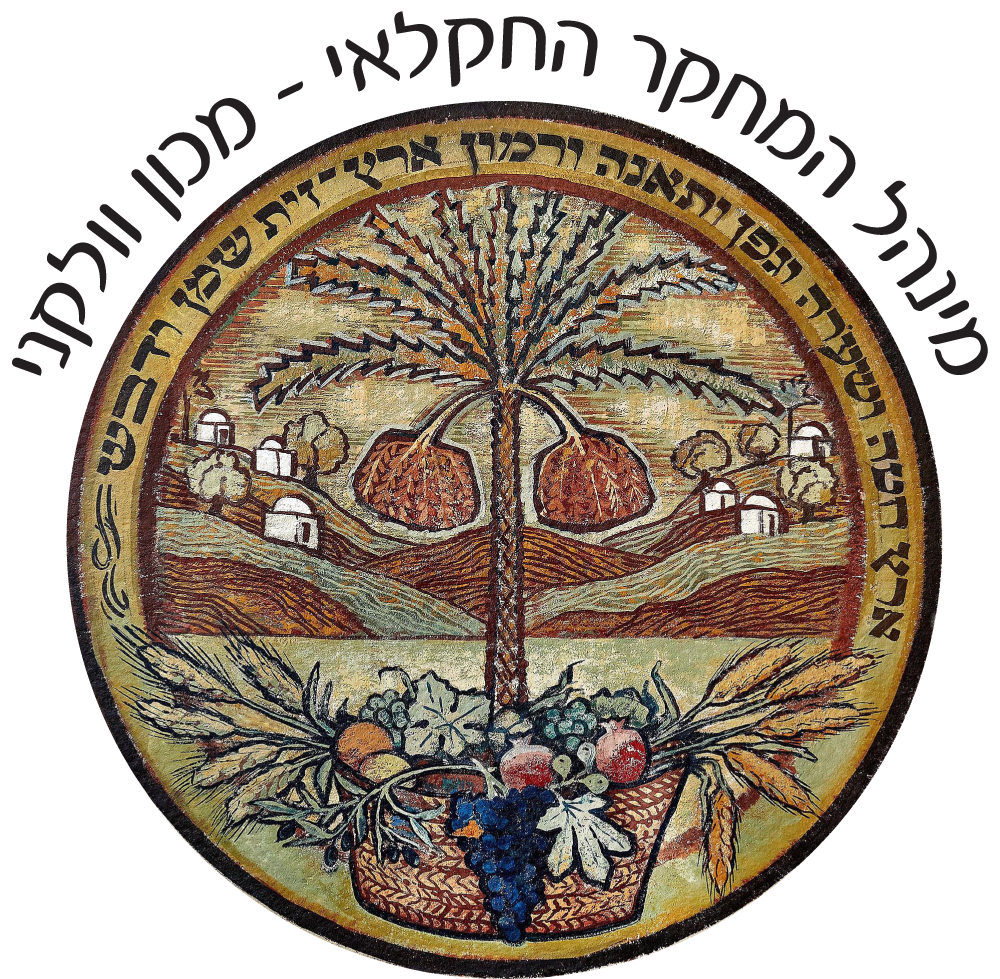The lab focuses on researching fungal disease in fruit trees. The main research concentrates on understanding the factors that enable pathogens to cause diseases, both from the perspective of disease etiology and pathogen-host interactions (molecular and non-molecular). Additionally, we investigate the mechanisms of pathogen attack on the host. The lab also studies the use of endophytes from woody and annual plants as potential biological control agents against agricultural pathogens and as sources of new active compounds for use in agriculture and industry. We also develop new compounds for controlling fungal pathogens and pests. Current projects in the lab include:
- Peacock eye disease in olive trees
- Alternaria diseases in pomegranates, citrus, persimmons, and more
- Fungal leaf and trunk diseases in persimmons, pomegranates, citrus, olives, almonds figs, grapevines, ornamental trees, and more
- Botryosphaeria diseases in trees
- Cactus and pitaya diseases (stem and branch rot in pitaya, fruit rot – Neoscytalidium)
- Citrus diseases, such as Mal secco, Alternaria, black fungus in grapefruit, Phytophthora, and others
- Stone fruit diseases, with an emphasis on almonds, peaches and nectarines, apricots, apples, and more
- Pre-harvest fruit diseases in persimmons (Botrytis, Alternaria), pomegranates (internal and external Alternaria, Aspergillus, Botrytis, Colletotrichum, Coniella, and more), and citrus (greasy spot, brown rot)
- Grape vine diseases (ESCA, Petri disease, black dead arm – Botryosphaeria, black leaf spots)
- Beneficial endophytes for trees
- Identification and development of pesticides and biologically active compounds for various uses, with an emphasis on volatile compounds from fungi.

